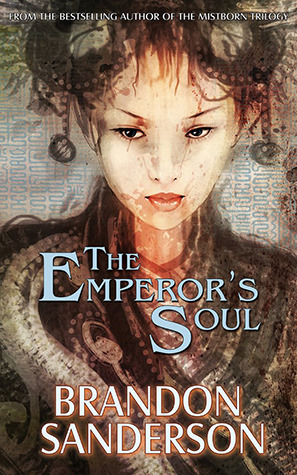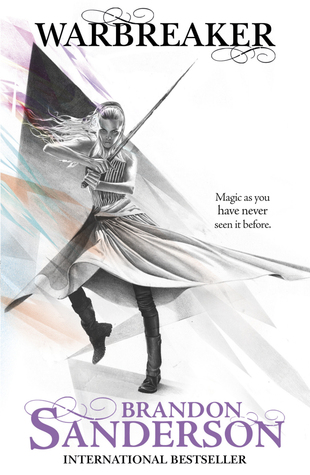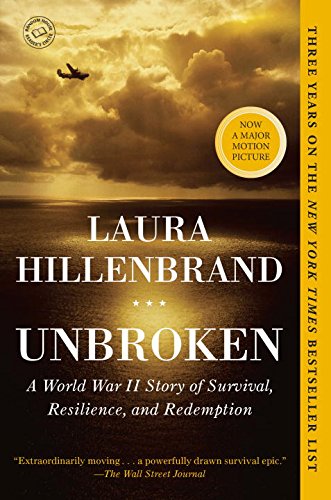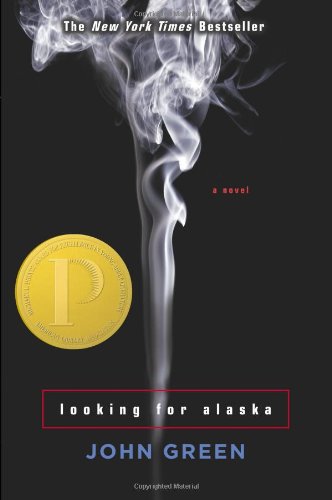It took a while, but I finally finished this book. I thought some of it was incredibly interesting, informative and insightful and other parts incredibly boring. I really don't think this is an indication of the quality of the book. I think this is an indication of my own personal interests in history since the book is written thematically instead of as a narrative.
For example, I found the chapters on the development of the Qin and Han state, the policies they pursued, and the consequences of those policies on society, the economy, and the state's actual power and future prospects to be fascinating. The rise of landlordism is a very good example, during the Qin and Early Han the state based its state around individual peasant plots and crushed landlordism and other bases of power in order to strengthen the power of state by being able to collect taxes more easily, and then use these peasants in their massive standing armies to conquer and crush their enemies.
That all started to change during the mid Han when the Empire needed more money to finance expensive campaigns and other things so he started demanding taxes in cash and taxed merchants at twice the rate. Well, this hurt the peasants quite a bit and basically further and further put them into debt. Merchants started buying up land to avoid taxes, and bam, landlordism. Another huge factor was technology. The iron plow, leather harness, and irrigation and well works increased crop yields significantly, but the initial investment was significant and poor farmers really couldnt compete. Interestingly, the author makes the point that landlordism might have actually been a benefit to the peasants because the demands of landlords were not nearly as severe as what European serfs face and these Chinese serfs got access to the new technology that signficantly increased crop yields.
Still, landlordism was bad for the Han state because eventually these landlords were able to create huge lineage structures that basically took control over areas in the Eastern Han, and they were the ones able to pay and field armies (along with other groups like the actual army who was now not beholden to the Han state either), and bam, we get regional struggles, fighting, and the break up of the Han state. It was already super weak at this point, but the fighting seems to have been kicked off by peasant revolts since they were just getting squeezed thanks to a weak state, competing powers and some lineages and landlords nad local power bases that actually squeezed them hard (obviously some were greedy fucks) and bam, war and chaos.
I also found the chapters on the city and the countryside absolutely fascinating as well since it dealt with social groups, their daily lives and how the state and society saw and interacted with them. I think that is one of the hardest things to continue to remember about history. It is easy to just get wrapped up in the political narrative and the major themes and just kinda assume that society is basically ruler, peasant, craftsman, and merchant. Ruler rules, peasant works on farm, craftsman makes shit, and merchants trade food and crafts throughout the nation and world. Society is a lot more complex than that though and I think it is interesting to read about their daily lives. For example:
The Market's violence and criminality were generally associated with butchers and 'wicked youths' but most importantly with 'wandering swordsmen' or gangsters--men who devoted themselves to an ethic of vengeance, faithfulness to oaths, and devotion to death. The Poems on Han capitals place these men ad ntheir gangs of sworn followers in the markets. The histories situate them in the alleys and wards of the major cities. like other denizens of the market, they are described as acting for porofit, in this case as bandits, kidnappers, grave robbers, and hired assassins rather than merchants. Gangsters formed associations of professional killers who intimidated or bribed officials. Memorials written in the Easten Han described them as the creators of a private law based on vengeance that threatened to supplant the states legal codes...
In peacetime, 'wicked youths' were portrayed as wastrels with no proper occupations, who passed their time in the market gambling, cock fighting, and coursing hounds These activities were so common that they were depicted on tomb tiles. In times of disorder, however, these urban gangs formed a reservoir of recruits for those engaged in large-scale vendettas or rebellion. The biographies of many leaders in the Uprising against the QIn show that their first followers were recruited from among the youths.
The final social element that gathered in the market and challeneged the authority of the state comprised the masters of esoteric techniques, particularly divines and shaman doctors. This group was accused of claiming supernational powers in order to swindle peasants. And because divination, medicine, and related religouis practices were a source of wealth, the group was denounced for luring idle young people away from proper occupations and into their own disreputable pursuits.
I think that sort of gives a vitality and a sense of it actually being a real and complex society that often is lacking in many history that doesnt really deal with social history.
The part on rural society was also fascinating since it discussed, as mentioned before, technological changes like improved irrigation and well-building, the iron plow, fertilizes, better agricultural practices, oxen nose ring, combined plow and seeder. This increased agricultural production, increased trade, fostered urbanization, which further increased trade, crafts, and new ideas due to a culture of urbanization. I really think that agricultural production is definitely one of the most important themes throughout history.
As for a peasant working under a landlord being better off:
If a newly landless peasant was lucky enough to remain a tenant share-cropper, he would have the use of land, tools, oxen and a house in excahnge for 1/2 to 2/3rds of his crop. If, as often happened, he was removed from the local registers by his master and therby escaped tax and corvee labor, his life probvabl improved. With his rent set as a fixed percentage of his harvest, he could escape misery in all but the worst years, while avoiding the need to convert crops into cash to pay poll tax to the state. He also had access to oxen and tools that he could never have afforded on his own.
Another interesting quote:
Of all textiles , silk was the most precious. While large-scale production of cloth in workshops owned by the state of great families used some male labor, many woprkers in such enterprises were women. Han records refer to great families that employed as many as 700 women to weave silk cloth both for use by the mistress or the house and for sale.
I think that is really interesting since we really don't associate that sort of large scale production like that in the west until industrialization. Obviously it happened before that since in Renaissance Italy there was a huge wool industry that employed like half the town, but you really don't hear about that in the middle ages (likely to due to no urbanization). Did that sort of stuff happen in Rome as well? Honestly curious.
A major difference between Rome and Han was how rural society developed. Rome had huge tracts of land that used slave labor. In the Han, they divided and subdivided their holdings:
The ambition of the great families was not simply to amass land and wealth, but rather to use this land and wealth to build up extensive networks of kin, clients, and neighbors whose loyalties they could command
I remember reading that Rome also had a client-patronage relationship thing, so I don't think the dichotomy is totally true, but it seems certain that Han China practiced a whole hell of a lot more of it since they instituted that sort of thinking into their property, inheritance and society, and not just personal relationships.
Most locally powerful lineages divded themeslves into many- in some cases hundreds-of nuclear households. They then dominated their districts, commanderies, or regions through alliances of these households and marrage ties with other great surnames...
This is also one of the major reasons why China developed the legal practice of wiping out lineages for major crimes. Lineages were stupidly powerful and loyal and had a code of vendetta as well, that a lineage should take revenge on whoever wronged them. Officials who sentenced a member of the lineage was sometimes killed by other members of the lineage in revenge. So, the state wasn't being totally oppressive and cruel, but actually situating itself into the society and culture of the nation (and also ensuring its power).
Obviously, the Han saw these massive lineages as a huge threat to their power and obviously they were not really able to do anything about it. The Eastern Han was basically established by powerful lineages so they didnt even really try.
It wasnt all bad for the peasants because:
Village society was constituted in reciprocal obligations created by the regular exchange of figts or services. Richer members were under moral pressure to distribute their weath among their pooer neighbors, in exchange for which they received status and certain customery forms of service. This pattern of reduceing inequalities, as well as establishing moral and emotional links, was still visiale in late imperal and republican China, where wealthier families sponsored feasts, operas and relgious festivals that secured their own status and gained the support of their neighbors.
The rest of the chapters dealt with more cultural history, such as kinship, literature, religion and law (obviously kinship and law arent really cultural history, but I still found them rather dull). And I was a lot less interested in these areas. I struggled to get through these chapters.
Still, glad I read it and can actually refer back to this book if I ever want or need to look up early chinese history. Quite a lot of information in the book. And I do plan on reading the rest of the series, so I would recommend it if you are interested in getting a much more detailed knowledge of Chinese history. Just be prepared to skim over some chapters that you arent really interested in. Quite a lot of info in my post as well, so I am not sure how many people are going to read it, but I mostly did it for myself anyways


























